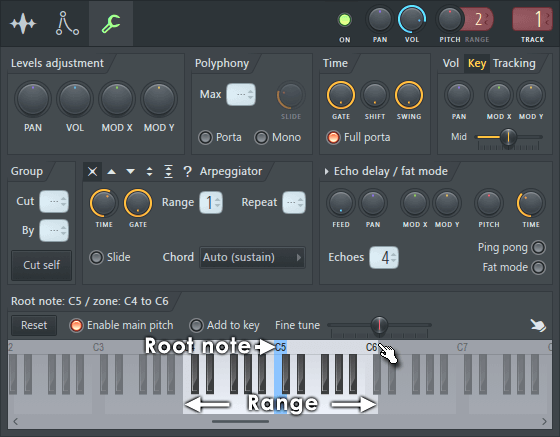
You could, conceivably, get away with never installing a plugin synth, simply using the ones that came with your, but where would be the fun in that? The software instrument market is now so large and diverse that you could spend a lifetime exploring it and still never run out of new sounds. You can choose from the latest generation of CPU-busting supersynths, classic hardware emulations that often - whisper it - improve on the originals, sample-based monsters that come stuffed with great-sounding presets, and out-there instruments that encourage experimentation. Cyberlink Power2go 10 Platinum. In its original incarnation we found Retrologue to be a surprisingly capable synthesizer, and one that makes a real virtue of its relative simplicity. Its one-window approach means that creating and tweaking sounds is very quick, but it also sounds good. Each of its oscillators has a range of interesting shaping options, its filters do a good job, and it can create authentic analogue-style sounds and textures - to the extent that we have used it far more than we care to admit.

We asked you to vote for your favourite VST/AU plugin synth in our annual poll, and you did so in your thousands. And there’s a 32-step arpeggiator.
Included with Cubase and also available on its own, Retrologue 2 is not a radical overhaul but it expands its capabilities in a few significant areas. The two main oscillators have been joined by a third with a similar feature set, with the existing sub-oscillator, noise source and (slightly expanded) ring-modulator capabilities still in place. The effects section has been overhauled, modulation is greatly enhanced - with two additional LFOs and a multipurpose bipolar envelope - and there’s a 32-step arpeggiator. In a world inhabited by numerous virtual analogue synths, one would be forgiven for not paying much attention to Steinberg's Retrologue. However, that would be a mistake. 4.5 out of 5 READ: Prev Page 2 of 51 Next Prev Page 2 of 51 Next.
Released in 2002, the original Oddity perfectly captured the character of the original ARP Oddysey upon which it was based. And that must have posed a bit of a problem for GForce: how could something so on-the-nose be improved for v2? Well, if Oddity sounded like a real Odyssey (which it did), then Oddity2 sounds almost like an entire revision history of the instrument, thanks to its greatly expanded filters, supercharged by the X-LFO and X-ADSR, which give it the ability it to produce sounds of far greater complexity than could ever be had from the original. Oh, and it's polyphonic now, too. So, what we have here is a spot-on emulation of the classic ARP Odyssey in its various incarnations, with some very well thought-out new features as well. 5 out of 5 READ: BUY: GForce Software Oddity2 currently available from: US: Prev Page 3 of 51 Next Prev Page 3 of 51 Next.
Predator 2 sticks with the same largely skeumorphic design as its predecessor, and keeps all the main synthesis controls immediately accessible from the front. With its considerably expanded architecture, this results in an even busier interface than before. The layout remains perfectly logical and it doesn't take long to learn your way around, certainly, but synthesis novices will have a hard time relating to it - which is where the new Easy Mode comes in. This is a much sparser GUI containing just the most important synthesis controls, the X/Y Pad and the Variation feature, which enables a variable degree of randomisation to be applied to the synth parameters and/or the FX section.